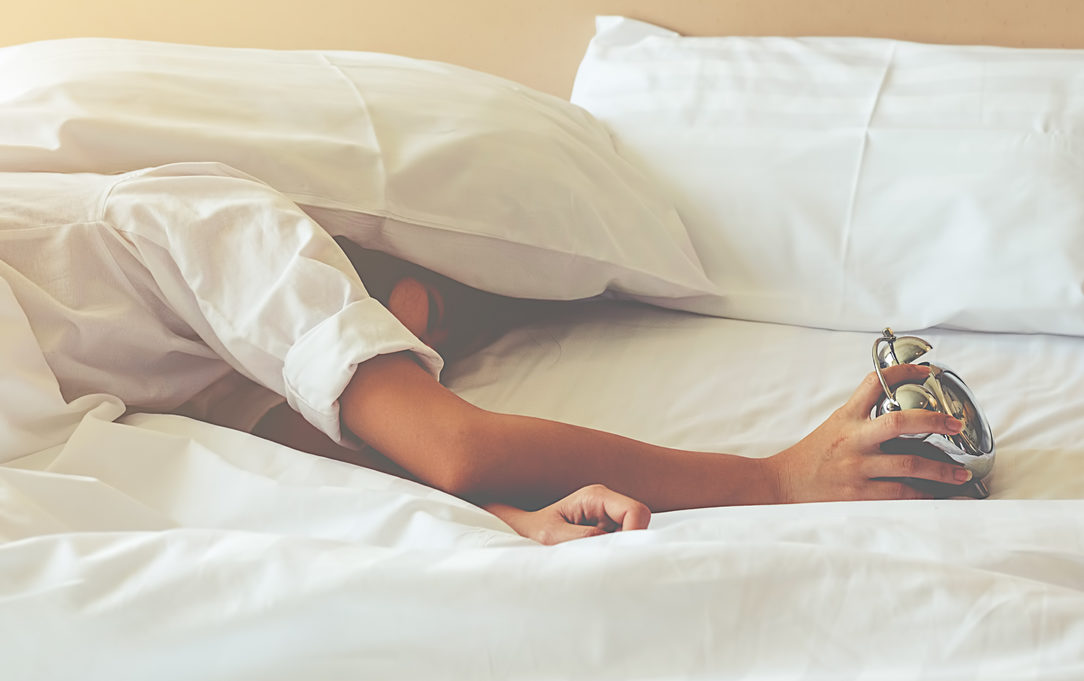

Sleep. Are you getting enough? Are you getting too much? Just how much sleep do you need? We all know what an important role sleep plays in our mental and physical wellbeing, but getting the right amount can be a challenge. So, what should we be aiming for?
Researchers can’t definitively proclaim the exact amount of sleep each individual needs. However, their findings do point to a range of what can be considered “healthy” sleep durations.
Many people have the idea of “a solid 8 hours” as being the gold standard, but that number isn’t necessarily the same for everyone. And recommendations have changed over time. A 2015 study by the National Sleep Foundation revisited the question of “how much sleep do we need?” And in the process, added a new category of “may be appropriate” to the previous categories of “recommended” and “not recommended”. This new category allows for individual variables, making it less stringent than the previous recommendations. Here’s what they found:
Guidelines for duration of sleep for health, by age group
Newborns (0-3 months old)
Recommended: 14-17 hours
May be appropriate: 11-13 hours, 18-19 hours
Not recommended: Less than 11 hours or more than 19 hours
Infants (4-11 months old)
Recommended: 12-15 hours
May be appropriate: 10-11 hours, 16-18 hours
Not recommended: Less than 10 hours or more than 18 hours
Toddlers (1-2 years old)
Recommended: 11-14 hours
May be appropriate: 9-10 hours, 15-16 hours
Not recommended: Less than 9 hours or more than 16 hours
Preschoolers (3-5 years old)
Recommended: 10-13 hours
May be appropriate: 8-9 hours, 14 hours
Not recommended: Less than 8 hours or more than 14 hours
School-aged children (6-13 years old)
Recommended: 9-11 hours
May be appropriate: 7-8 hours, 12 hours
Not recommended: Less than 7 hours or more than 12 hours
Teenagers (14-17 years old)
Recommended: 8-10 hours
May be appropriate: 7 or 11 hours
Not recommended: Less than 7 hours or more than 11 hours
Young Adults (18-25 years old)
Recommended: 7-9 hours
May be appropriate: 6 or 10-11 hours
Not recommended: Less than 6 hours or more than 11 hours
Adults (26-64 years old)
Recommended: 7-9 hours
May be appropriate: 6 or 10 hours
Not recommended: Less than 6 hours or more than 10 hours
Older Adults (65+ years old)
Recommended: 7-8 hours
May be appropriate: 5-6 hours, 9 hours
Not recommended: Less than 5 hours or more than 9 hours
Of course, the researchers note that it’s important to pay attention to your own individual needs by assessing how you feel on different amounts of sleep. There are also occasions when your sleeping patterns are disrupted by outside factors such as jet lag, daylight savings time, or shift work. Taking a melatonin supplement may help reset your internal clock on these occasions by regulating your circadian rhythm.

